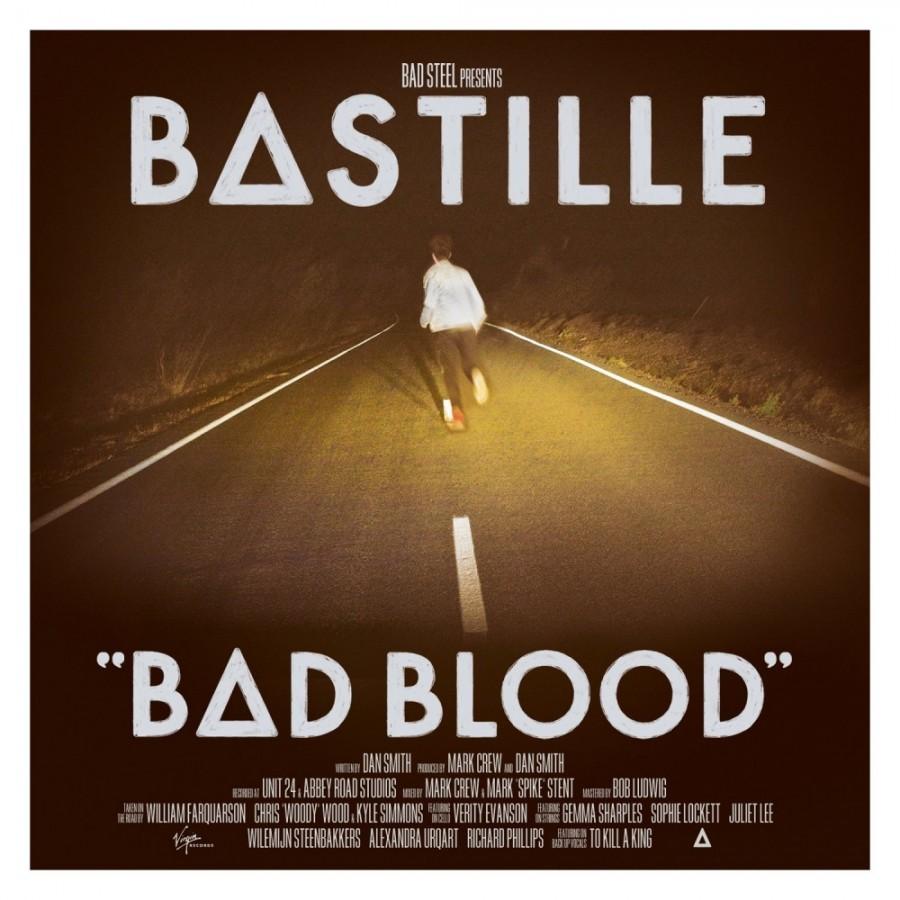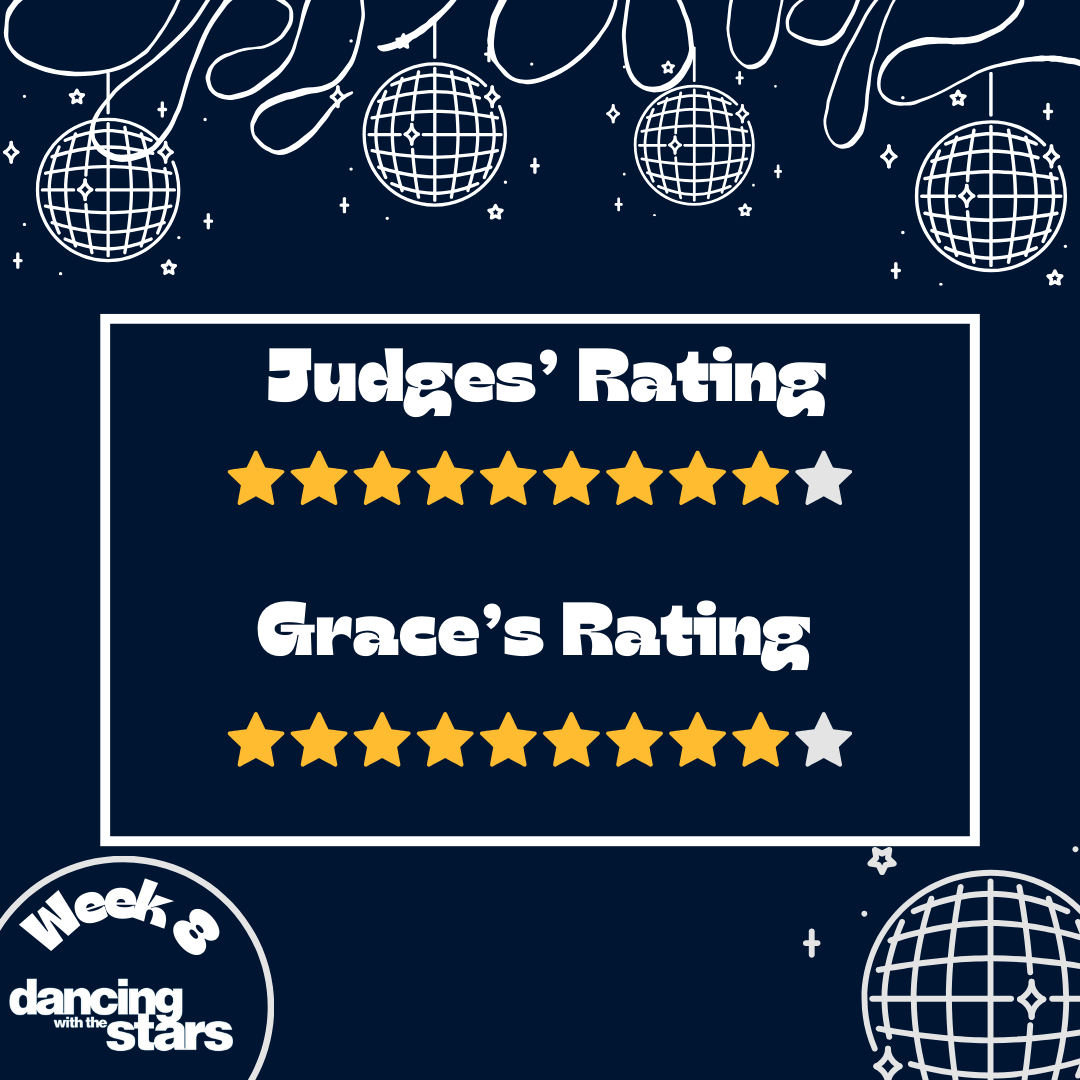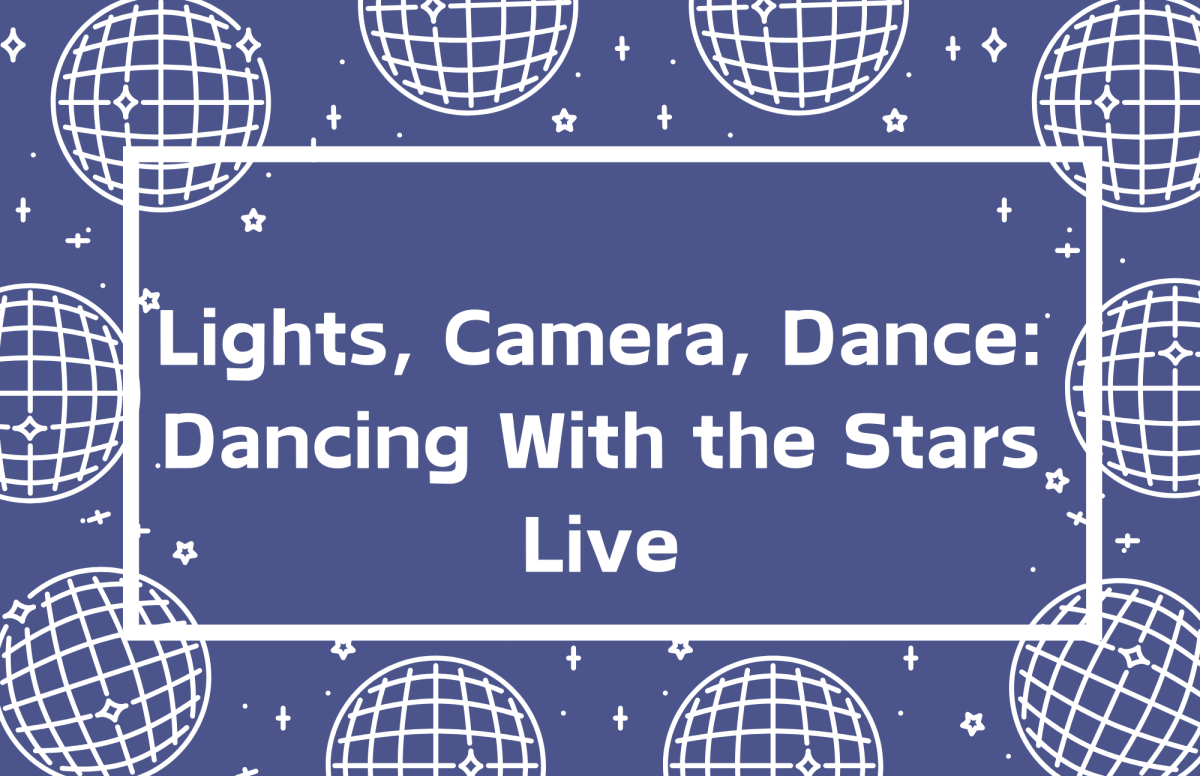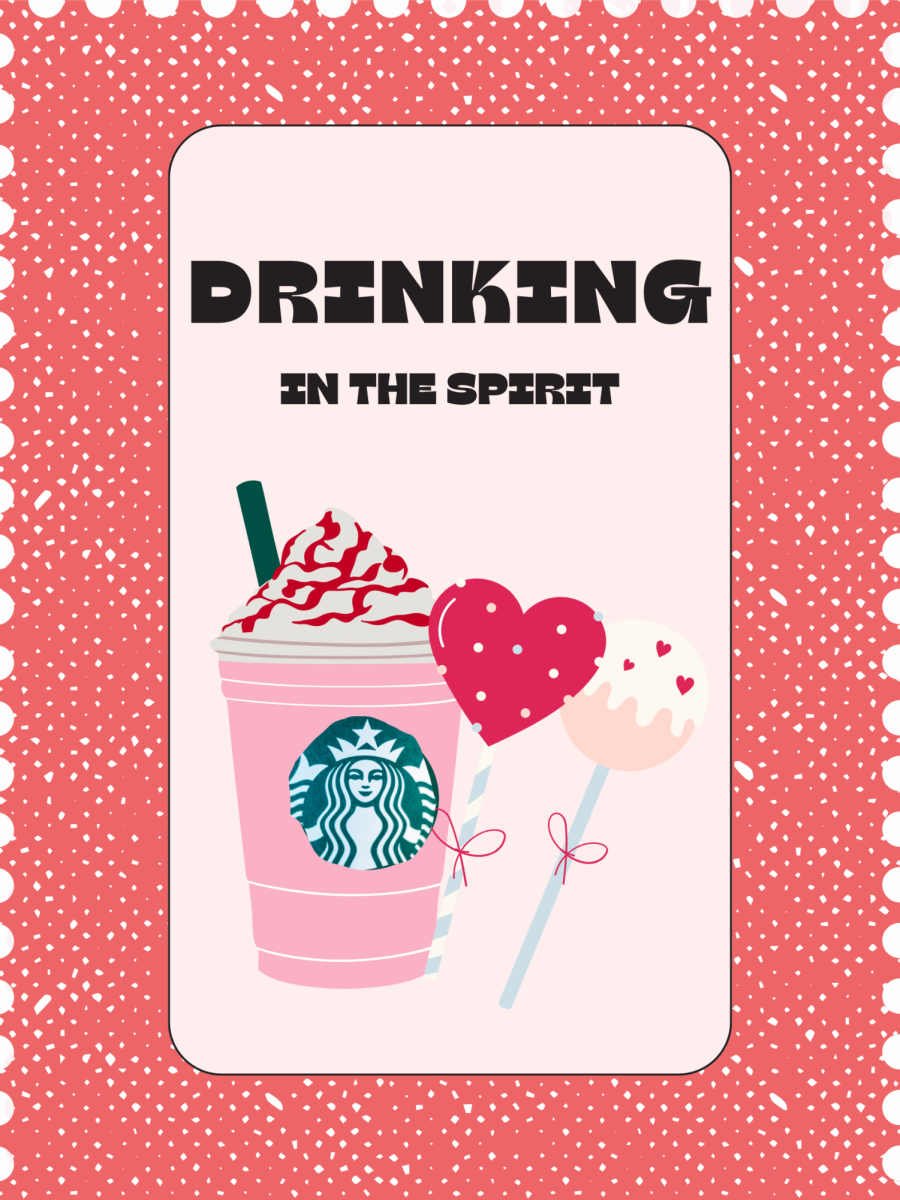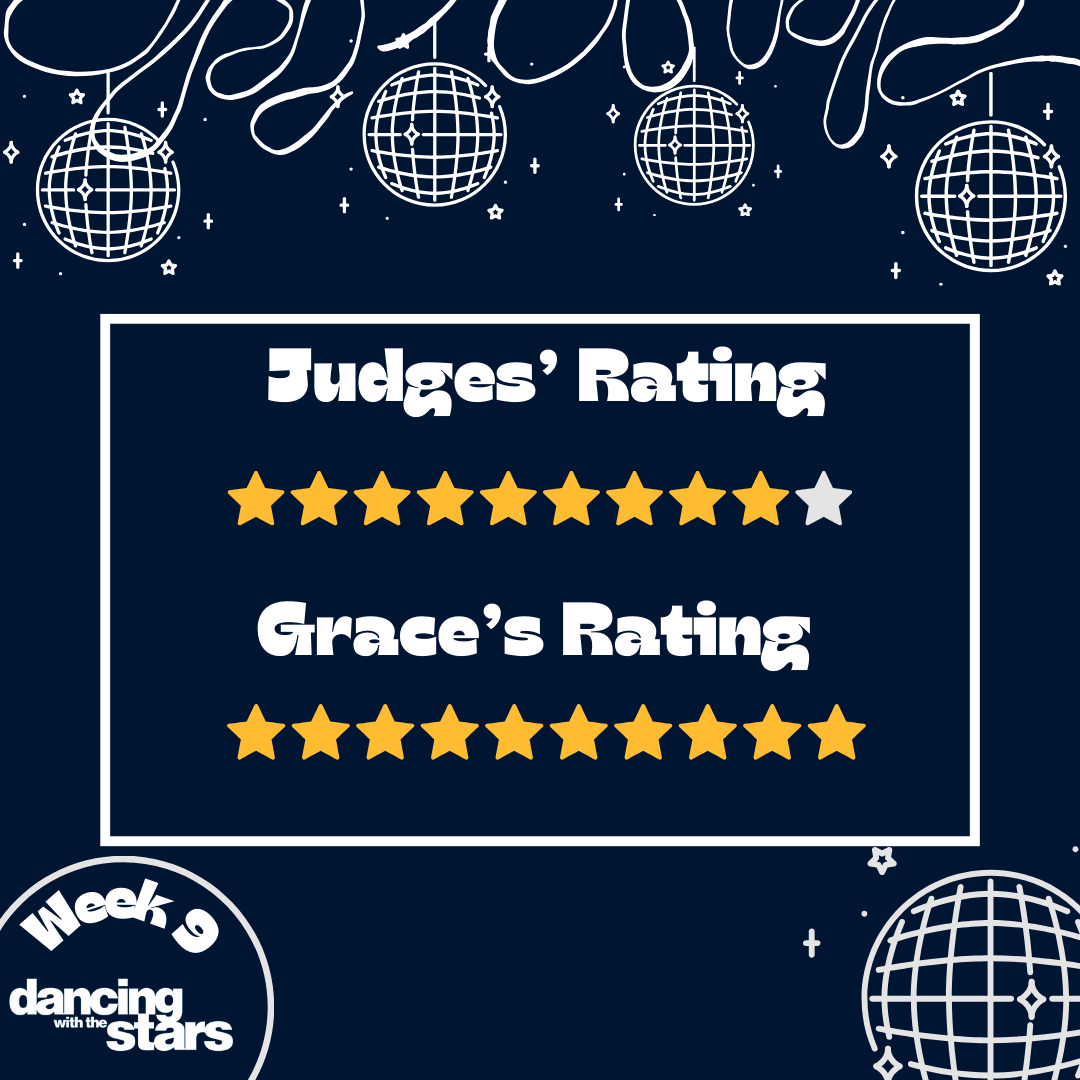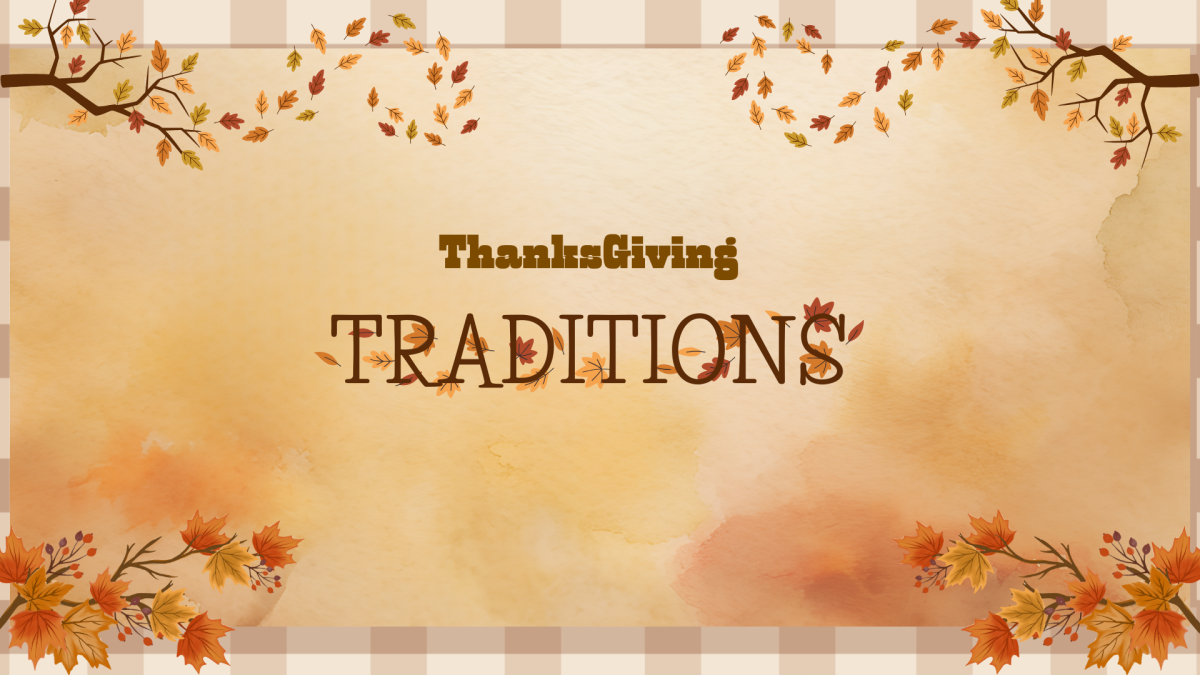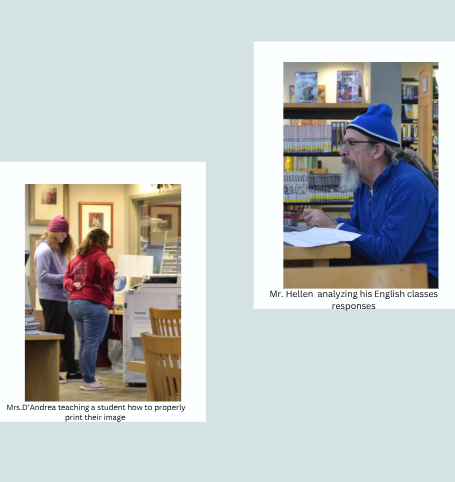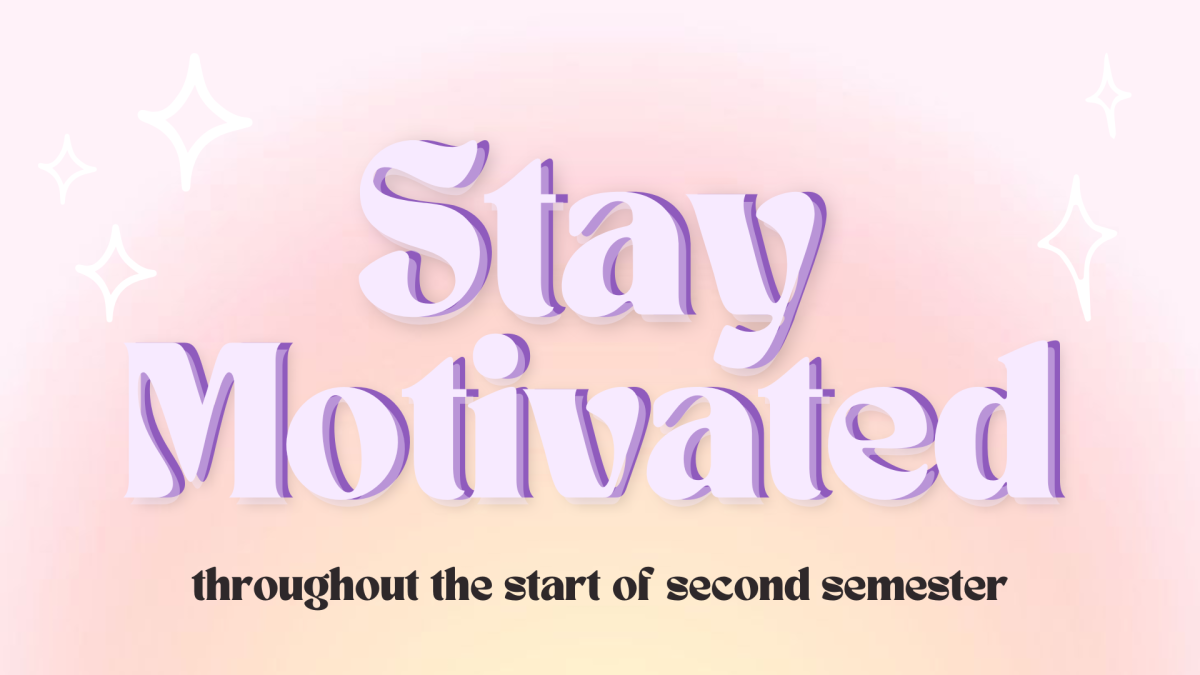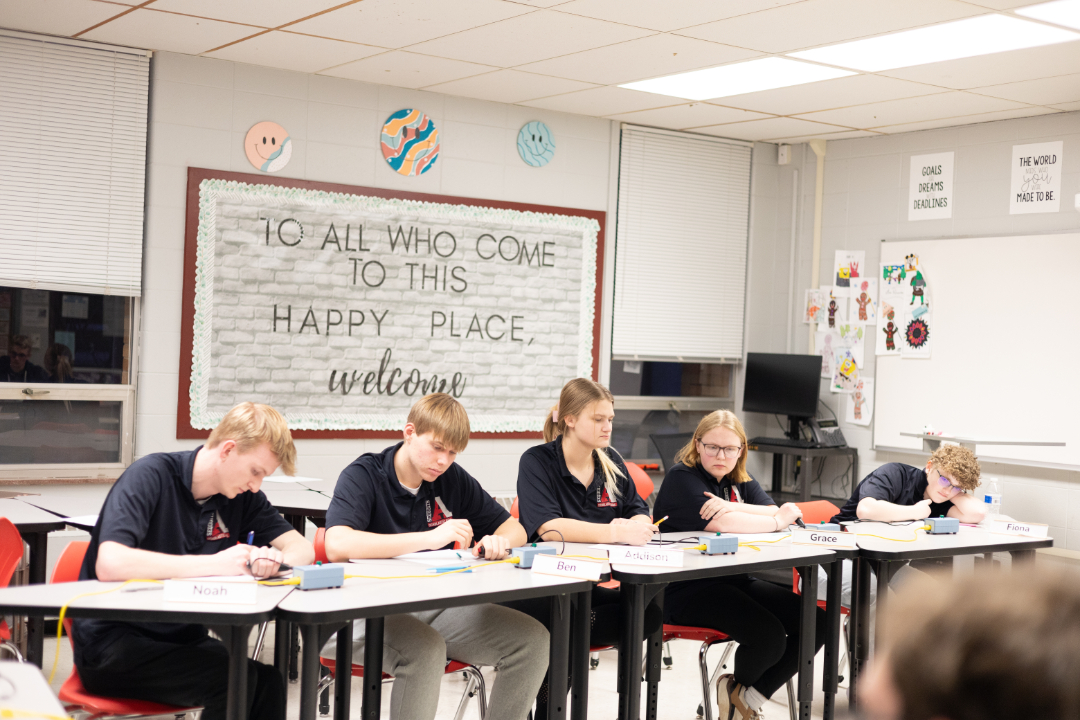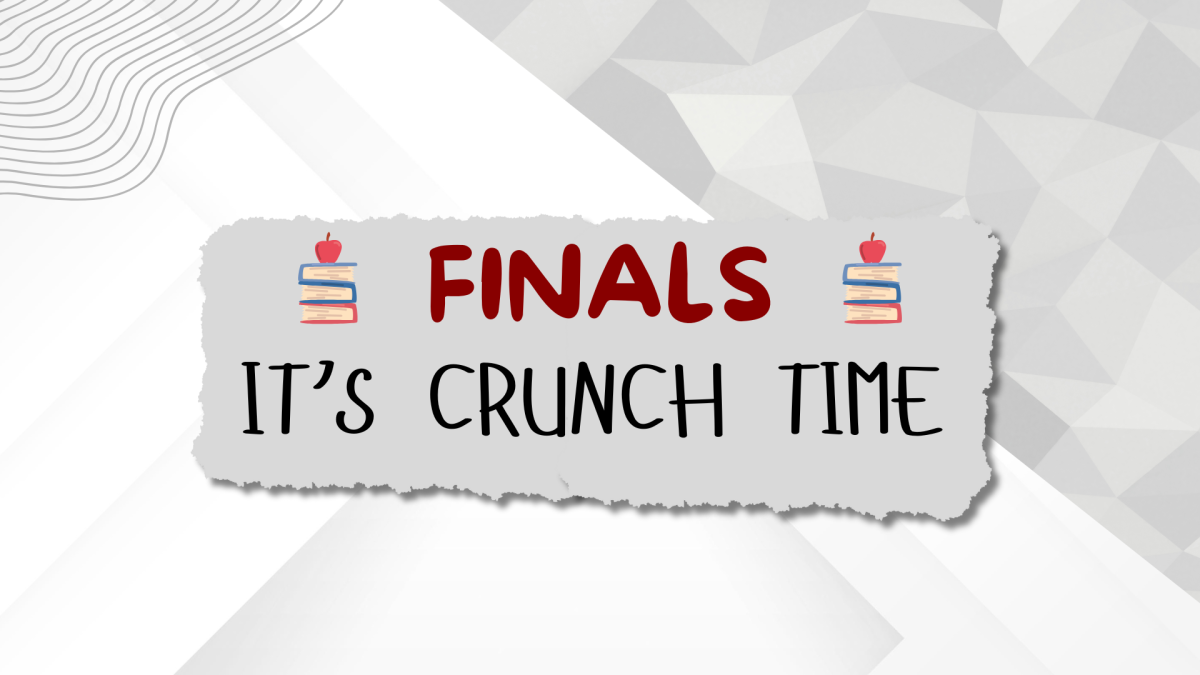In 2010, in the cozy corners of London, four young musicians found each other through the rain and formed Bastille, a new band on the fast track to fame. Under the expectations of other famous London based bands like Coldplay and The Kinks, Bastille fought to make a fresh sound of their own. Bastille’s name is derived from National Bastille Day, July 14, which also happens to be band leader Daniel Smith’s birthday. Other members of Bastille include Chris Wood, William Farquarson and Kyle Simmons. After three years of teasing the public with live shows and singles, Bastille finally released their debut studio album “Bad Blood” on Sept. 4.
“Bad Blood” is reminiscent of bands like Imagine Dragons and The Wombats, with its infectious beats and catchy lyrics. Every track on the album was composed so that it could stand alone as a single, but as an album, it transitions smoothly between songs. No two songs sound similar enough for a person to get bored listening to this CD over and over. Songs such as “Overjoyed” and “Oblivion” exemplify Bastille’s ability to diversify, providing the softer, hushed harmonic duality to “Bad Blood,” keeping the upbeat, and dance-y tones of “Flaws” and “Pompeii” in check. But Bastille is not your average pop indie be-bop band. All of their songs are heavily based in the unconventional. Bastille employs violas, violins, cellos, the upright bass; they give most of their melodies to the keyboards, engage the drum machine, utilize the synthesizer and, on the song “Bad Blood,” the band even recruited a video game emulator. Somehow combining these variations with Dan Smith’s sweet London accent and mid-tenor range produces a unique sound that is quickly dominating the charts. Bastille’s clean sound, interesting tendencies, and growing popularity is earning the band its spot on 2013’s top ten albums of the year.

